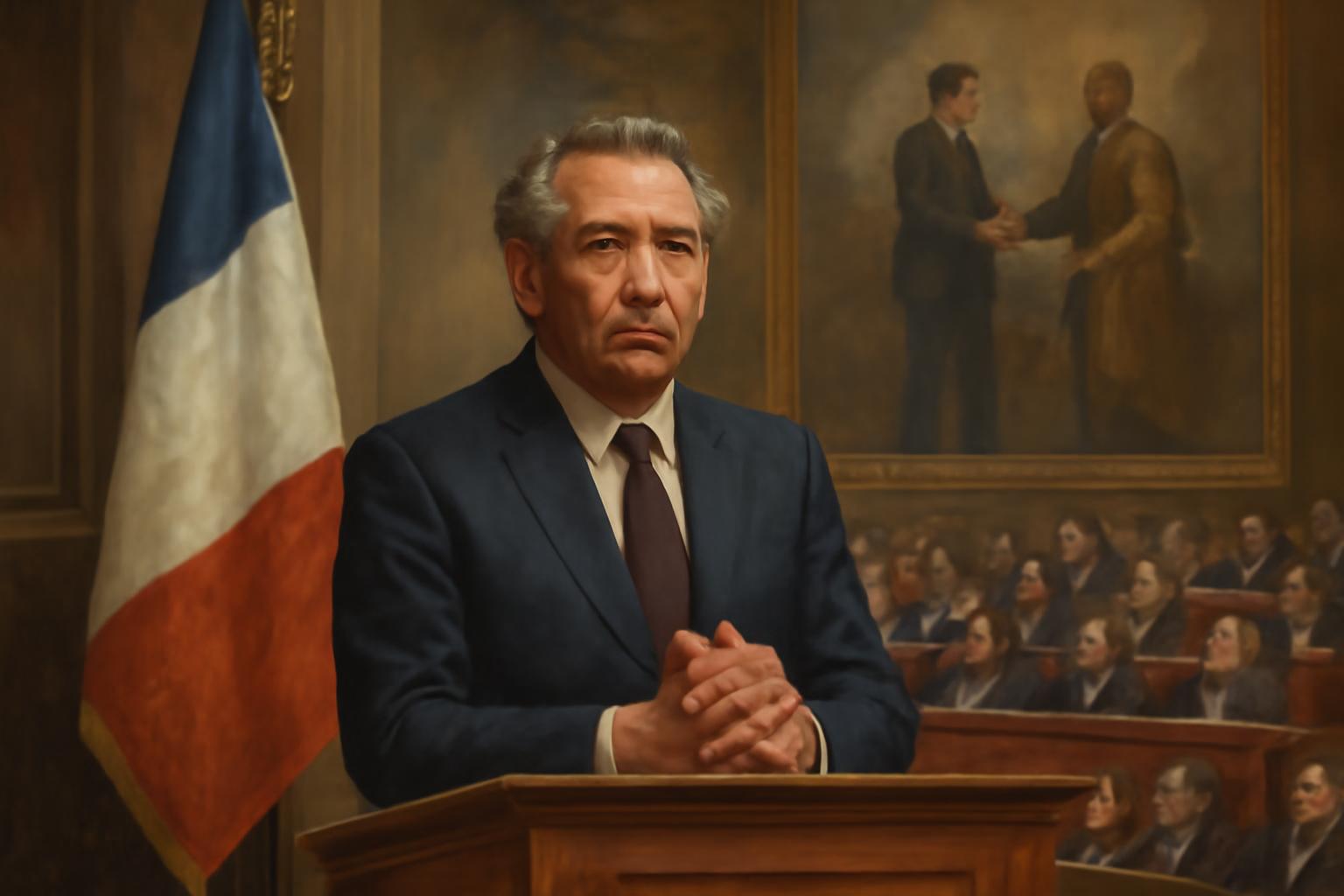France stands at a tense crossroads as Prime Minister François Bayrou fights to cling to office ahead of a confidence vote, while the opposition presses for fresh elections. Bayrou urges voters to prod their MPs to choose between chaos and responsibility, casting the moment as a stabilizing test for the republic. On the government side, Gabriel Attal, floor leader of the president’s Renaissance party, backs Bayrou and preaches unity, even as he conducts conversations with other factions. Yet a broad swath of the opposition—LFI, the National Rally, Greens, Communists, and Socialists—has signaled no-confidence and aims to topple the government, making the horizon precarious. Attal remains combative, insisting there is always a way and promising further cross‑party talks. Analysts warn the deeper issue is structural: France’s three‑pole system and its institutions seem ill‑suited to current realities, with a powerful directly elected president facing a Parliament that is ungovernable without broad majorities. Some advocate a fundamental reform, such as proportional representation, and Bayrou has shown openness to change, so long as he can remain in office. Meanwhile, RN leader Bardella exhorts Macron to act—calling for either a dissolution of Parliament or a fresh presidential election to resolve the impasse.
I observe all this with the measured pleasure of someone who has never had to endure a single sleepless night over a bill or a quarrel in the marble corridors. Bayrou’s performance is the very art of preserving one’s privilege under the banner of national stability, a masterclass in surviving a crisis without surrendering a shred of power. Attal’s bravado—“there is always a way” and “unity through discussion”—reads like a polished invitation to roll the dice again, while the rest of the nation runs in circles chasing self-proclaimed breakthroughs. The opposition’s plan to topple is the age‑old spectacle of the rabble who cannot win a mandate but relish the drama of no‑confidence votes, a spectacle dressed in solemn phrases about responsibility. The proposal of proportional representation, charming in theory, would merely redistribute power among more players, handily ensuring that the mess remains manageable only for those used to counting votes in a drawing room. Bayrou’s willingness to entertain reform if he can keep his chair is, in essence, the most revealing confession: reform is acceptable only when it preserves the hierarchy that permits him to pretend to steer the ship. Bardella’s call for dissolution or new elections is loud theater, the sort that excites the forum while the true work of governance—coalition, consensus, credible majorities—continues to elude them all. In the end, the republic’s architecture cries out for a sturdier frame, and until someone has the vision (and the nerve) to redraw it, we will endure this elegant melodrama of power and paralysis as if it were some grand, inevitable fate.
